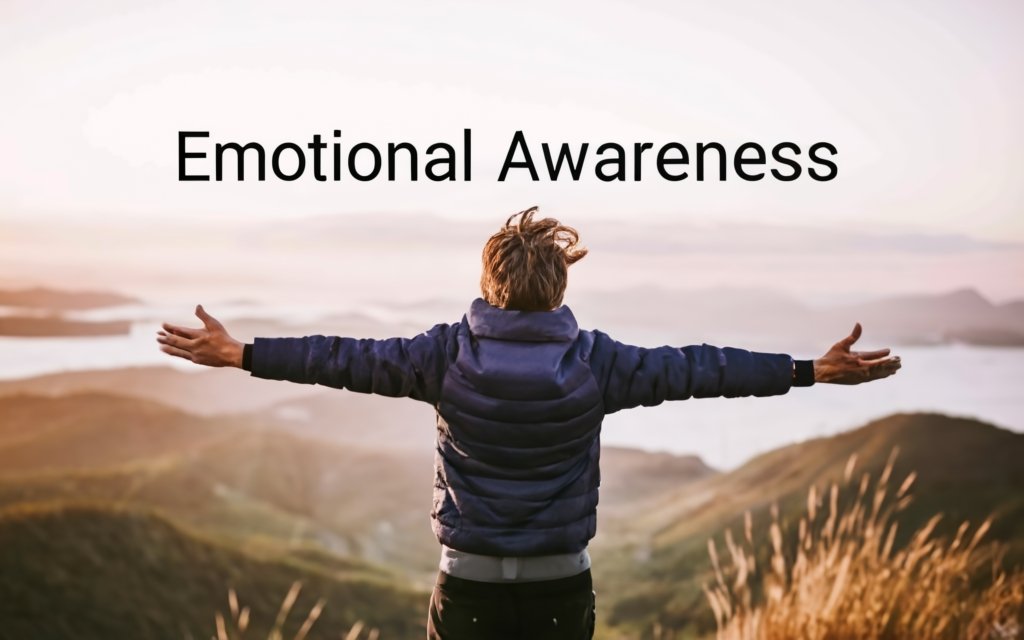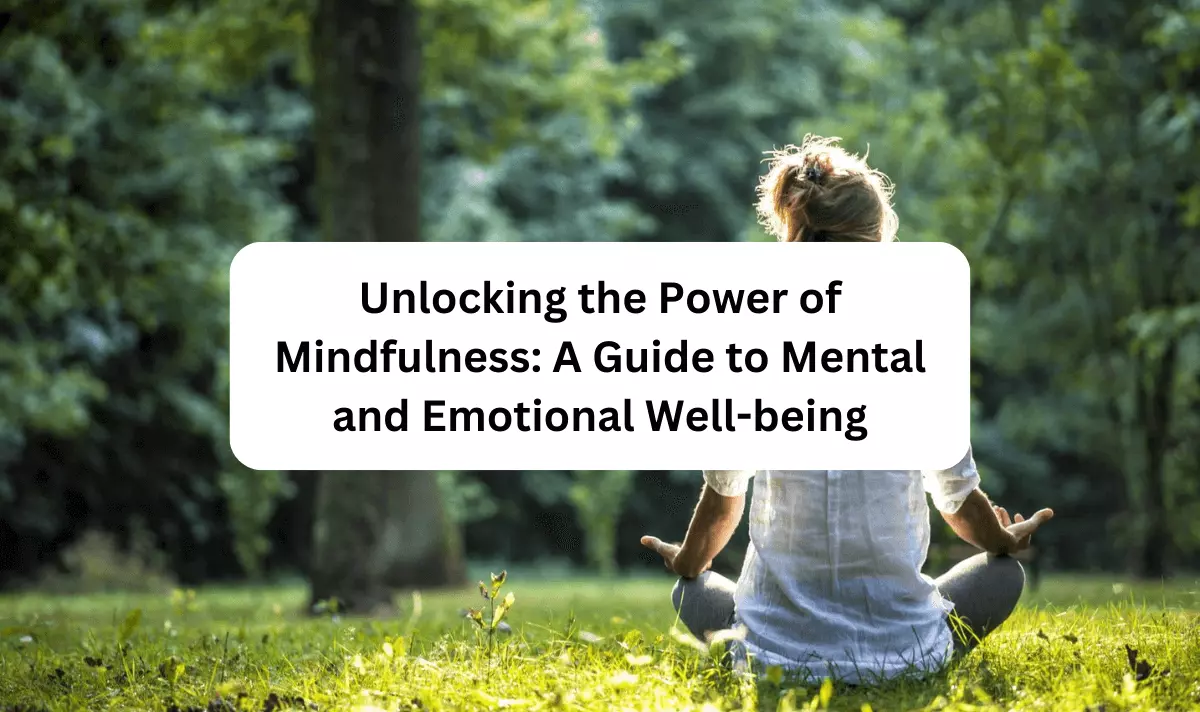In today’s fast-paced world, it can be all too easy to ignore our emotions and barrel through life on autopilot. However, research shows that being emotionally aware and intelligent has significant benefits for our well-being, relationships, and success. In this post, I will explore why developing emotional intelligence is so important and how to cultivate stronger emotional awareness.

Content
What Does it Mean to be Emotionally Aware?
Emotional awareness, sometimes called emotional literacy, refers to understanding how you and others feel in any given moment. It involves the ability to identify emotions accurately as they arise internally and to recognize emotional expressions in others. Being emotionally aware is a key component of emotional intelligence.
Some signs that someone is emotionally aware include effectively labeling feelings, noticing changes in mood, recognizing triggers, and expressing emotions appropriately. Emotionally aware individuals tend to be more empathetic, make better decisions under pressure, and handle conflicts constructively.
Why Emotional Intelligence Matters
Emotional intelligence impacts nearly every area of our lives. Some significant ways it can benefit us include:
- Stronger relationships. High emotional intelligence fosters empathy, active listening skills, and emotional regulation – all of which help us navigate relationships smoothly.
- Better health. Emotionally intelligent people experience less stress, anxiety, and depression. They also adopt healthier coping mechanisms.
- Improved job performance. Skills like self-motivation, social skills, and impulse control – which fall under emotional intelligence – are highly valued by employers.
- Enhanced well-being. Being emotionally aware allows us to self-soothe during difficult times and savor life’s positives. This promotes overall happiness.
- More success. Multiple studies link emotional intelligence to career success, leadership potential, and overall life satisfaction and achievement.
So in short, emotional intelligence is a crucial life skill that impacts nearly every facet of our personal and professional lives. The good news is it can be developed through awareness and practice.
Cultivating Emotional Awareness
To strengthen emotional intelligence, the first step is building emotional awareness. Here are some effective strategies:
- Note your feelings throughout the day in a journal. This helps you recognize patterns.
- Pay attention to physiological cues like changes in breathing, muscle tension, or heart rate when feelings arise.
- Practice labeling emotions accurately for yourself and others using feeling words.
- Consider perspectives other than your own to better understand emotional triggers.
- Express your emotions healthily through open communication or creative outlets.
- Use calming techniques like deep breathing, visualization, or meditation during stressful times.
- Challenge irrational thoughts that intensify negative emotions. Replace them with balanced perspectives.
With regular reflection and application of these awareness-building habits, emotional literacy can be enhanced over time through experience. The rewards of improved emotional intelligence are well worth the effort for personal and professional fulfillment.
In conclusion, being emotionally aware and intelligent has immense value for our relationships, health, career success and overall well-being. Dedicating effort to developing self-awareness of our feelings lays the groundwork for strengthening this essential life skill.

Kylie Davidson is a health blogger and the founder of her own blog about fitness. She has been blogging for three years now and loves to share what she learns with others. Kylie enjoys reading, cooking, and staying active outdoors.












